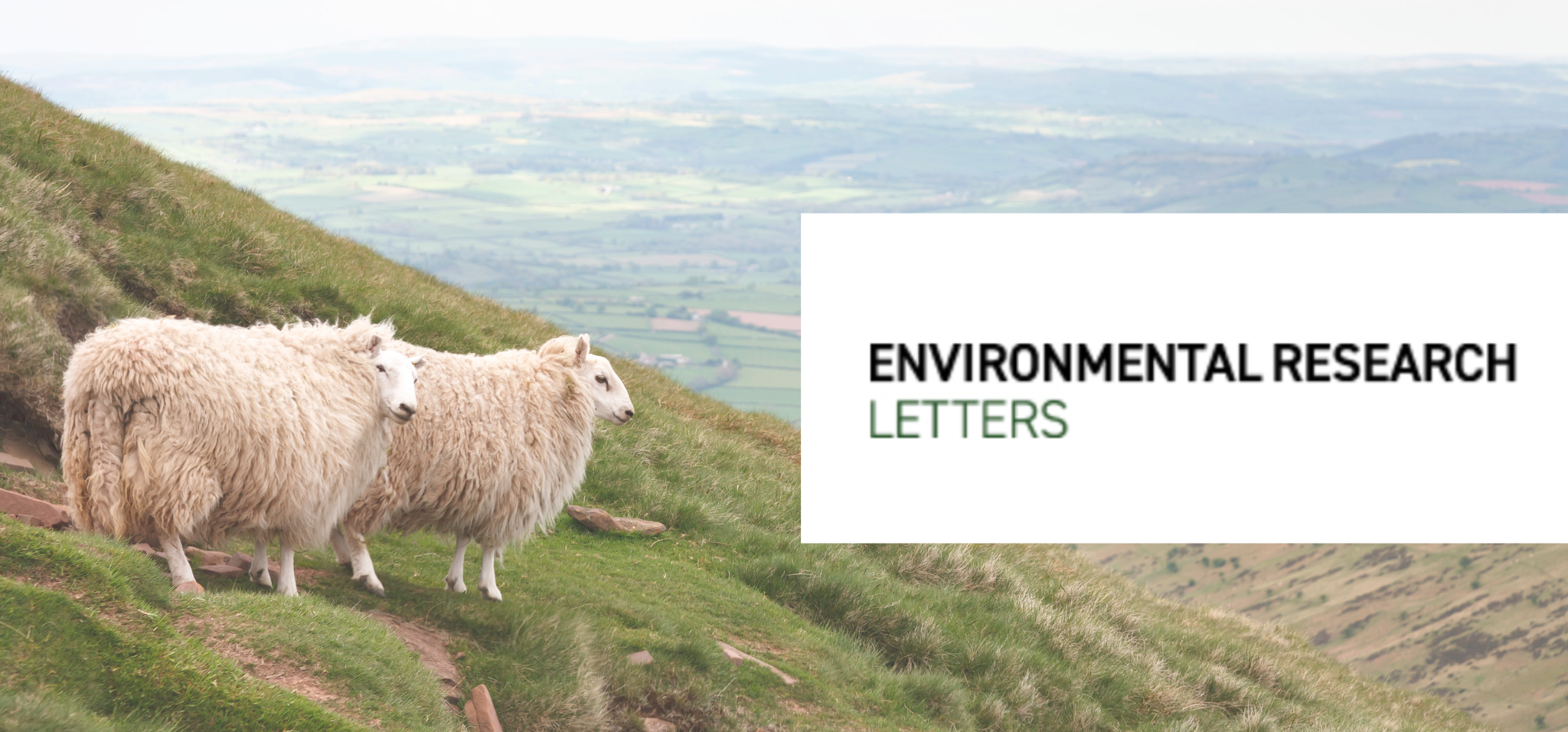
Authors: Sarah M. Jones, Alison C. Smith, Nicholas Leach, Peter Henrys, Peter M. Atkinson & Paula A. Harrison.
Abstract
Land use and its management can play a vital role in carbon sequestration, but trade-offs may exist with other objectives including food security and nature recovery. Using an integrated model (the FABLE Calculator), four pathways, co-created with colleagues at the Welsh Government, towards achieving climate and biodiversity targets in Wales were explored: status quo, improvements on current trends, land sparing and land sharing.
We found that continuing as usual will not be sufficient to meet Wales’s climate and biodiversity targets. In contrast, the land use and agricultural sector became a net carbon sink in both the land sparing and land sharing pathways, through high afforestation targets, peatland restoration, reducing food waste and moving towards a healthier diet. Whilst both pathways released land for biodiversity, the gains were greater in the land sharing pathway, which was also less dependent on optimistic assumptions concerning productivity improvements.
The results demonstrate that alternative approaches to achieving nature-positive and carbon–neutral land use and food systems may be possible, but they come with stringent and transformative requirements for policy changes, with an integrated approach necessary to maximise benefits for climate, food and nature.